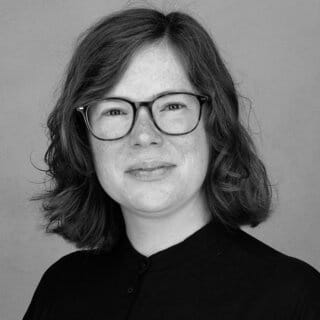Technology supported learning
Quality in education has been discussed for many decades, and as such the discussion reflects the social accountability to which schools are bound in order to demonstrate the degree to which they fulfill their purpose. What has changed overtime is the way in which quality is perceived and how it is used as both an accountability device as well as a form of change agency (Fredriksson & Snyder, 2004; Power, 2002; Riley & Nutall 1994; Snyder, Acker-Hocevar & Snyder, 2000; 2008). Typical accountability models, such as those found in Great Britain and the U.S. and more recently in the European Union and Sweden as well, focus on student achievement, drop-out rates, student attrition and teacher training as some of the key factors that define ”quality” in education (Fredriksson & Snyder, 2004). Presently, international comparison tests such as TIMMS, PEARLS, and PISA are acquiring a greater significance as a ”measure of quality”. At the same time, many argue that such large scale testing does not consider important factors that relate to learning, and drop-out rates do not necessarily relate to quality education. In contrast to the standard accountability and comparative models of quality, are other systemic models, such as total quality management (Deming, 1986; Juran, 1992) that focus on both process and outcome, and recognize the inter-relationship between the two. Quality, from a systemic model, thus must address a variety of factors in addition to student achievement, including elements in the learning environment, as well as the leadership of the school, the infrastructure and resource allocation, team work, etc. (Murgatroyd & Morgan, 1994; Snyder, Acker-Hocevar & Snyder, 2000).
Författare: Kirsten Snyder, Luisa Panichi och Ola Lindberg
On the issue of quality of experience in technology supported learning
Designs for Learning 3/2010

Svenska som andraspråk
 Åk F–Vux
Åk F–Vux
Skolsäkerhet och PDV
 Åk F–Vux
Åk F–Vux



